Lao Cai is a mountainous, border province with a majority of ethnic minorities living there. The mountainous terrain and scattered population have caused many obstacles in the local socio -economic development, including education. However, with the spirit of overcoming all difficulties, in recent years, with the attention of the Party and the State, and the efforts of all levels, sectors, and schools, Lao Cai education has made many improvements.
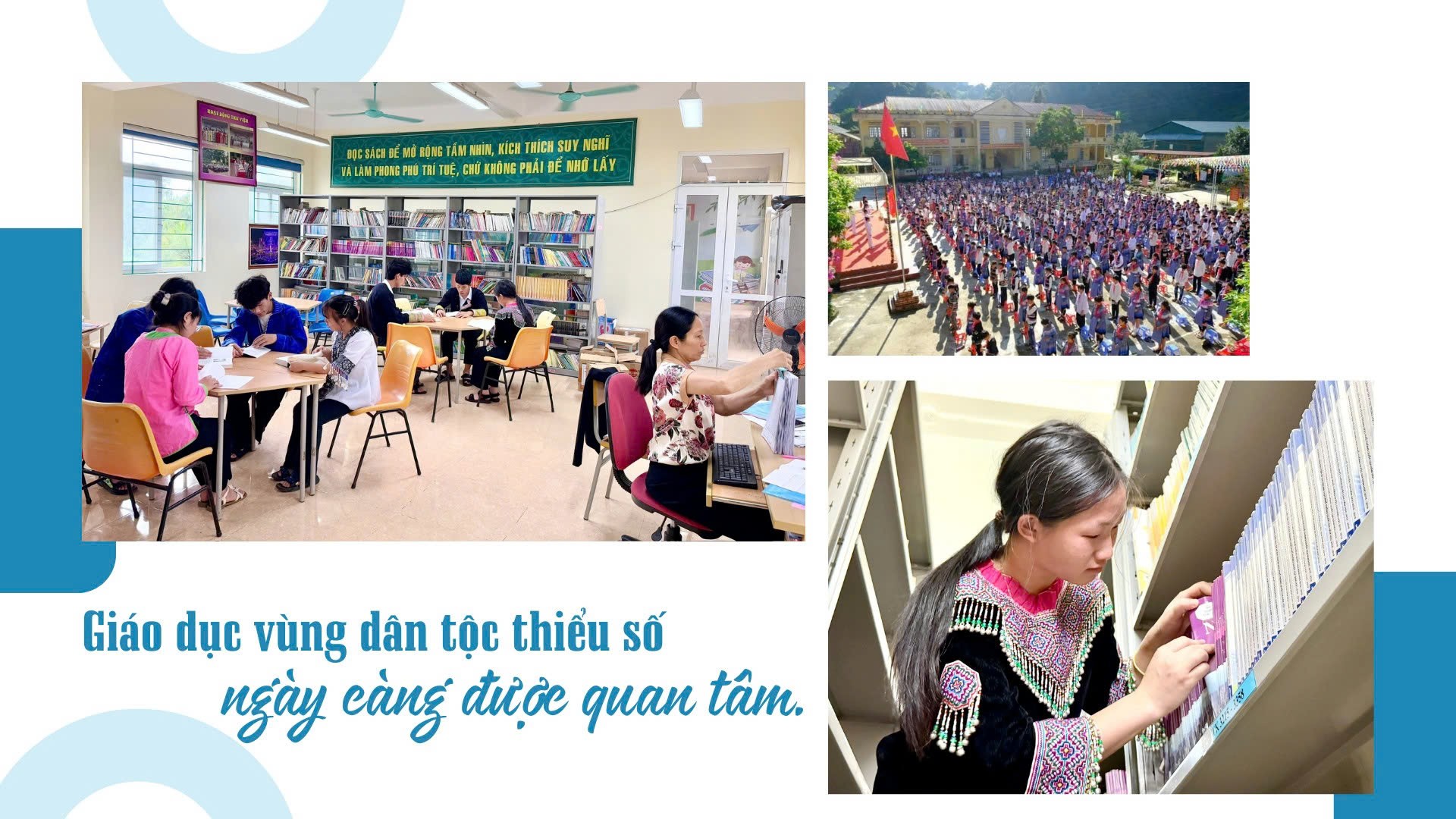
Immediately after liberation (old Lao Cai province in November 1950, old Yen Bai province in October 1952), the illiteracy rate in the area reached 95%. In the localities, the number of literate people could be counted on the fingers. In the development strategy, the province identified the key task in the field of education as continuing to develop universal education and primary education, making efforts to reform the ideology of education officials. Notably, in 1958, on the occasion of visiting the province, Uncle Ho instructed cadres, party members and people of all ethnic groups in the province: "Education must be the top priority... If people understand and do, even the smallest task can be done."
His teachings added strength and motivation to the Lao Cai border region to compete in "eradicating illiteracy". From lowland to highland areas of the province, the "Popular Education" movement took place vigorously and widely. The Popular Education Department sent cadres directly to districts and communes to "hold hands and guide" to develop the movement.
Hundreds of classes were opened to serve all classes and ages to learn the national language. The classrooms were made of thatched houses and bamboo walls with lights on. Those who knew how to read and write taught those who didn’t, those who knew a lot taught those who knew little with the determination: “Going to public education is patriotism! Teaching public education is patriotism!”, “Fighting illiteracy is like fighting foreign invaders”…
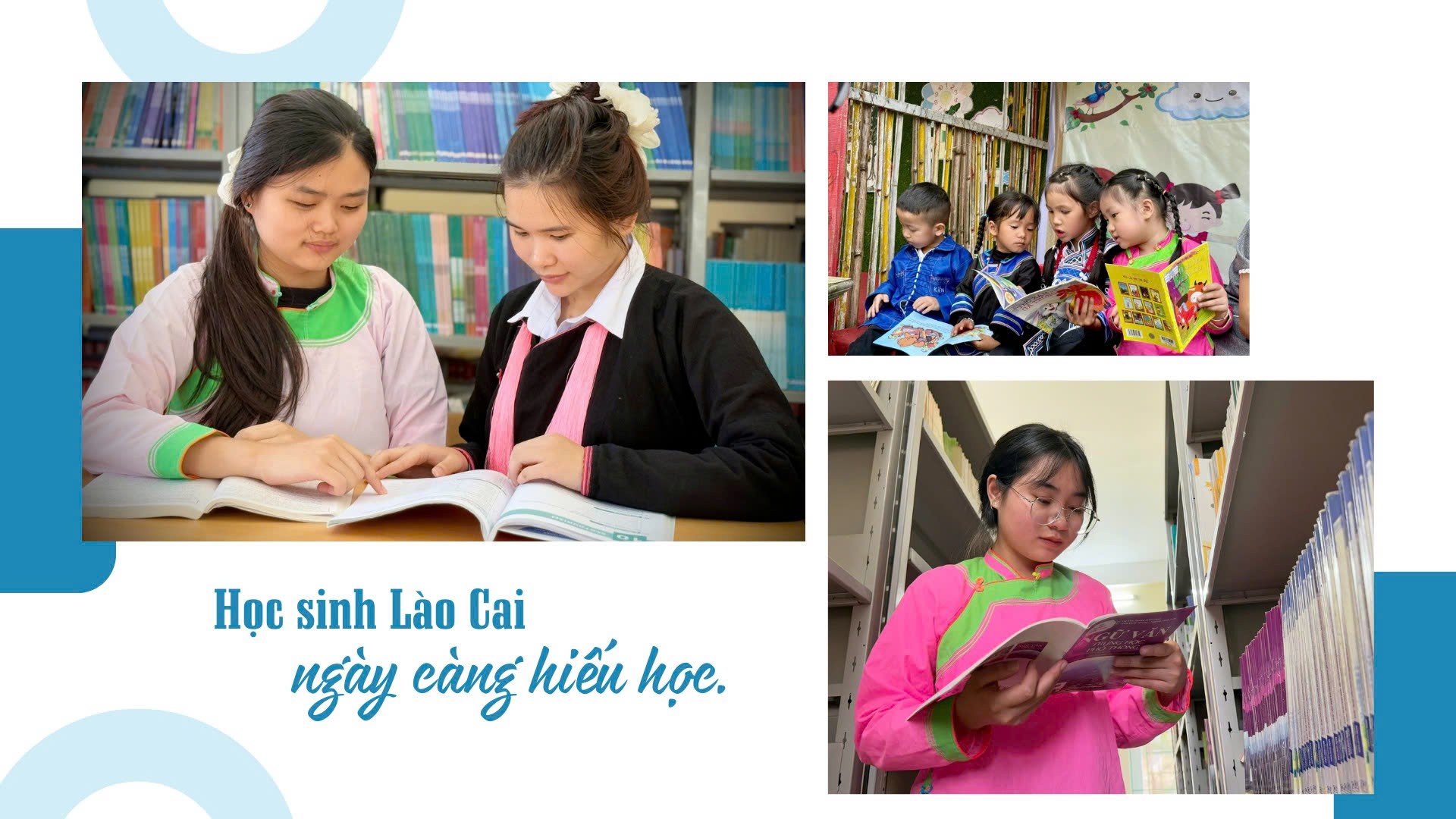
After the country's reunification, Lao Cai paid special attention to the work of eliminating illiteracy. Depending on specific conditions, many localities also implemented bilingualism (using the common language and mother tongue) to eliminate illiteracy. Typically, the Mong people in Ban Pho commune, Bac Ha district (now Ban Pho commune) had a movement to eliminate illiteracy in the Mong language.
In 1962, Uncle Ho wrote an article titled: “A new victory” published in Nhan Dan newspaper No. 3149, dated November 18, 1962, praising the Mong language learning movement of Ban Pho commune. Also in that year, with outstanding achievements in the Mong language illiteracy eradication movement, Ban Pho commune was honored to be awarded the Third Class Labor Medal by the State.
Along with that, education and training work was promoted. During the years of resistance against the US, Lao Cai had many typical, advanced and outstanding collectives and individuals. Many school collectives were advanced in fighting against the US and saving the country. Many groups of teachers were recognized by the Government as Socialist Labor Groups.
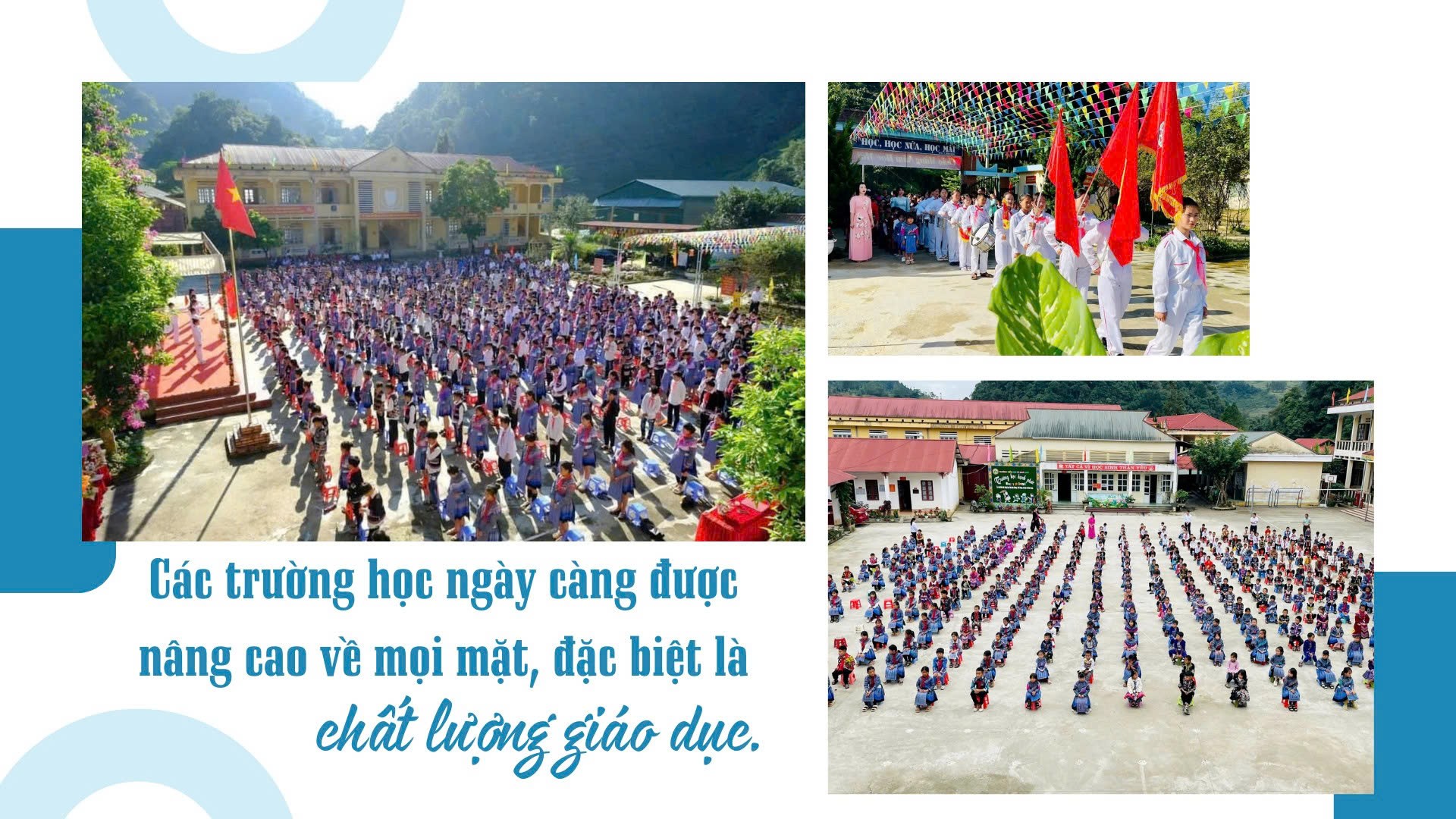
Having been involved in Lao Cai education since the 60s of the last century, Meritorious Teacher Cao Van Tu - former Director of the Department of Education and Training of the province, understands better than anyone the steps of education and training in the province, sharing: After the re-establishment of the province, Lao Cai education faced many difficulties, many communes were "empty" in education, meaning they could not maintain schools and classes. School facilities were lacking, mainly thatched houses, earthen walls, bamboo walls, tables and chairs made from bamboo and bamboo trees. The number of teachers decreased because in the 80s, many teachers quit their jobs, moved regions, and did not follow the profession.
However, overcoming all difficulties, with the coordination and participation of the entire political system from the province to the grassroots, the provincial education sector immediately implemented the development of schools and classes at all levels, rapidly increased the rate of mobilizing school-age children to attend class and maintained the attendance rate.
By 1995, there were no more communes with no education. Public schools (secondary and high schools) were opened in the centers of districts and communes, creating conditions for children of ethnic minorities to go to school. Programs for cultural enrichment, illiteracy eradication, and improving the qualifications of workers were given attention. The quality of all fields and levels of education continued to be given attention in a more comprehensive manner.

In recent years, Lao Cai education has been increasingly improving. School and classroom facilities have been invested in the direction of standardization and modernization, ensuring equal access to education for all students. Along with the policies of the Party and the Government, the province has also issued many mechanisms and policies to develop the education career.
That concern has become the driving force that helps teachers and students of Lao Cai strive to achieve high results year after year. The province achieved the standard of universal primary education and anti-illiteracy in May 2000, achieved the standard of universal primary education at the right age in 2005, and achieved universal lower secondary education in 2007. In 2013, Lao Cai was among the first 7 provinces in the country to achieve the standard of universal preschool education for 5-year-old children...
Every year, hundreds of students at all levels participate in national and regional competitions and achieve high results.
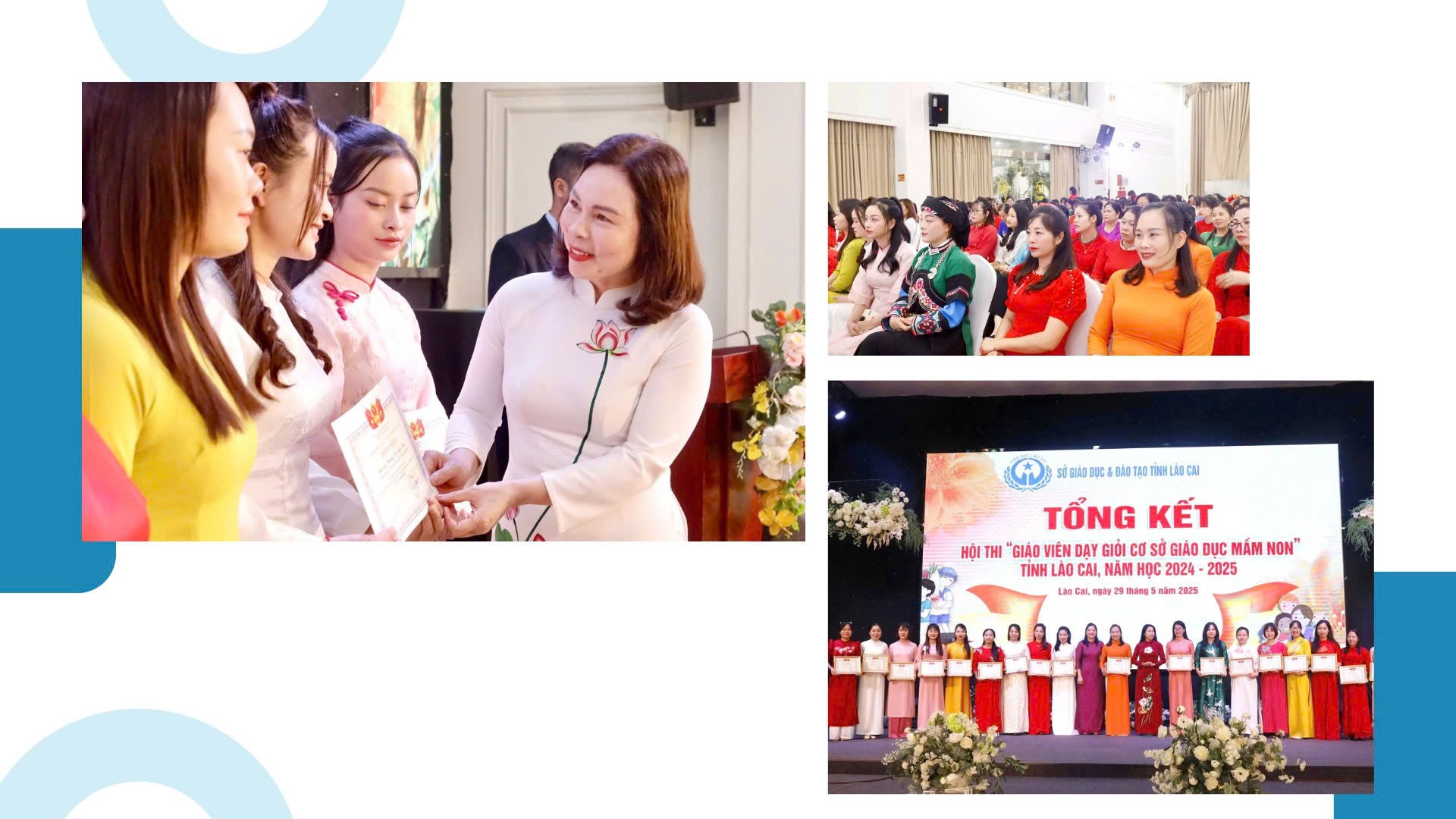
In the 2024-2025 school year, the province has completed the implementation of the 2018 General Education Program in all grades and achieved many encouraging results. The number of high school students participating in the national excellent student competition is the highest in years (194 students participated and won 128 prizes, an increase of 25 prizes compared to the previous school year). For the first time, the province has students participating and winning a Bronze Medal at the Asia-Pacific Informatics Olympiad...
The 2025-2026 school year is the first year the whole country implements two-level local government, the first year to implement the resolutions of the Party Congresses at all levels for the 2025-2030 term, and is also the first year that the Department of Education and Training of Lao Cai province (new) officially comes into operation after the merger.
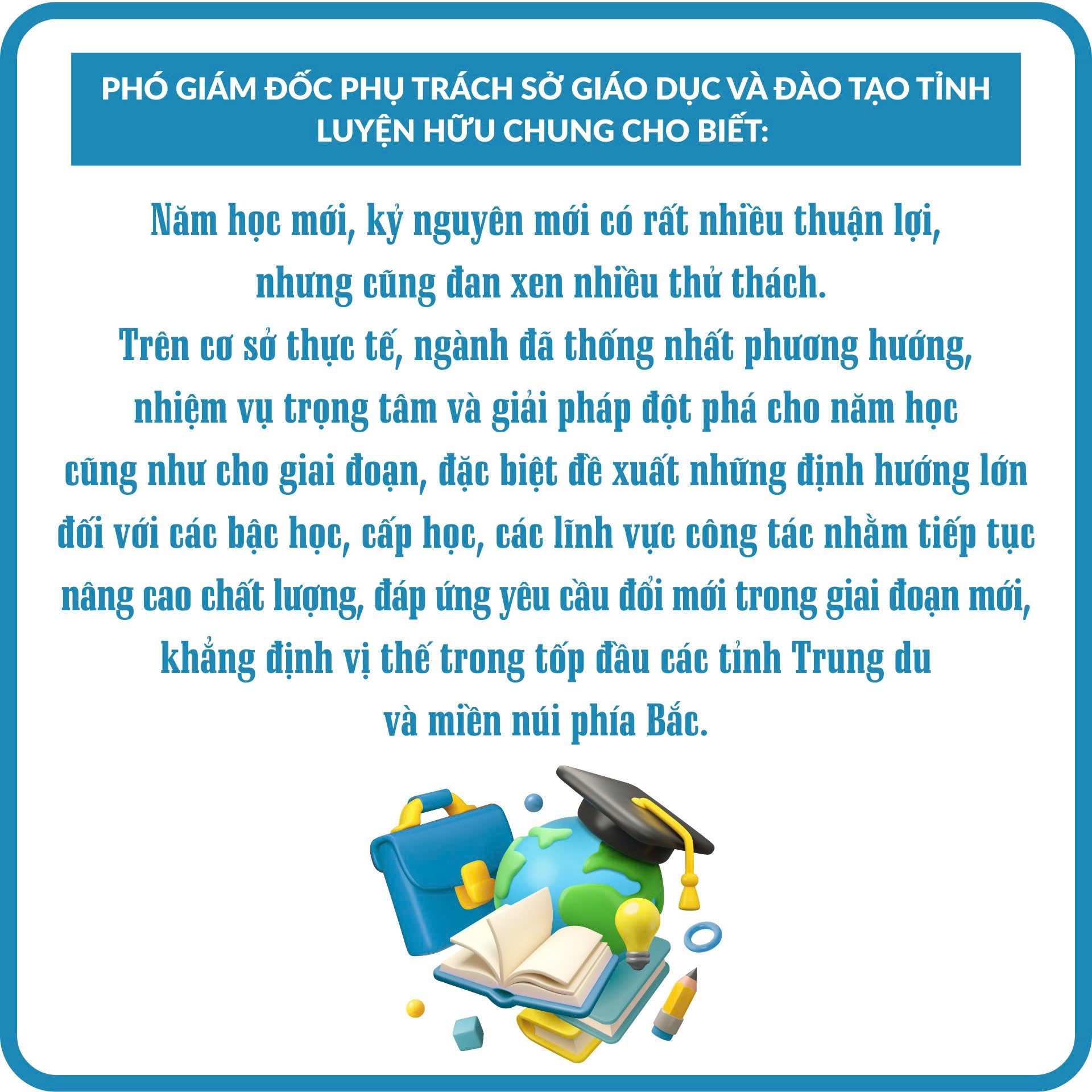
80 years since the success of the August Revolution, Lao Cai education has achieved many proud achievements. Implementing the direction of the province, the sector will continue to innovate strongly and comprehensively to constantly improve the quality of comprehensive and key education, contributing to the goal of developing the province in a sustainable, harmonious, unique and happy direction.
Performed by: Khanh Ly
Source: https://baolaocai.vn/giao-duc-lao-cai-vung-buoc-phat-trien-post881158.html



![[Photo] Keep your warehouse safe in all situations](https://vphoto.vietnam.vn/thumb/1200x675/vietnam/resource/IMAGE/2025/10/1/3eb4eceafe68497989865e7faa4e4d0e)
![[Photo] President of the Cuban National Assembly visits President Ho Chi Minh's Mausoleum](https://vphoto.vietnam.vn/thumb/1200x675/vietnam/resource/IMAGE/2025/10/1/39f1142310fc4dae9e3de4fcc9ac2ed0)

![[Photo] Hanoi morning of October 1: Prolonged flooding, people wade to work](https://vphoto.vietnam.vn/thumb/1200x675/vietnam/resource/IMAGE/2025/10/1/189be28938e3493fa26b2938efa2059e)











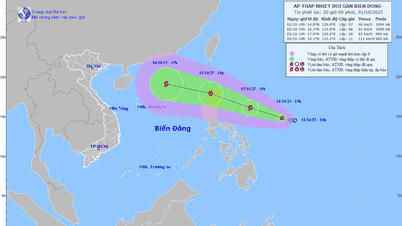
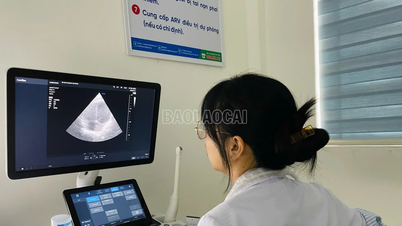
![[Infographics] An Giang Agriculture 2020-2025: Stable growth, quality transformation](https://vphoto.vietnam.vn/thumb/402x226/vietnam/resource/IMAGE/2025/10/1/bf3a77ba3a0243a697e5253ed4cd6f9c)

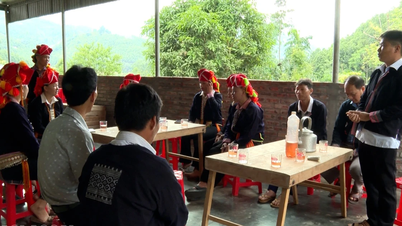
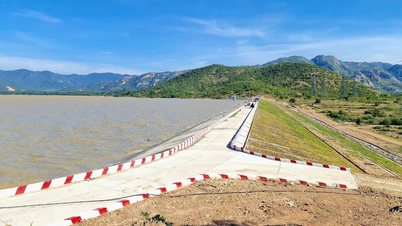







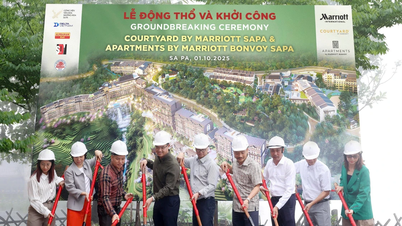
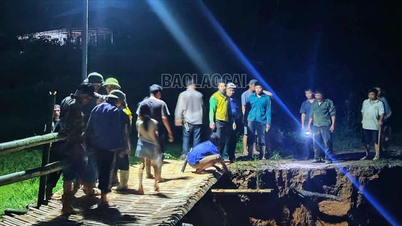
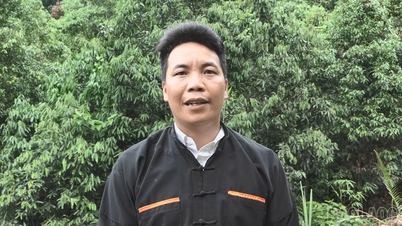

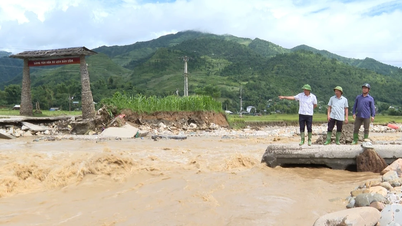
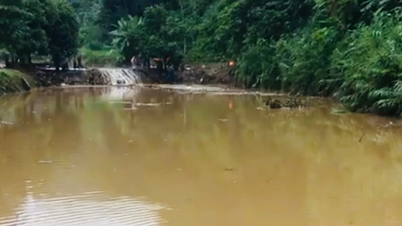













































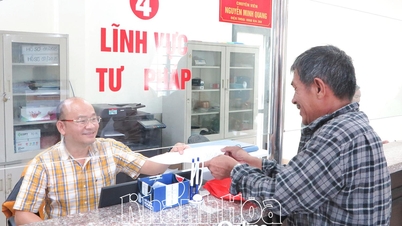
















Comment (0)